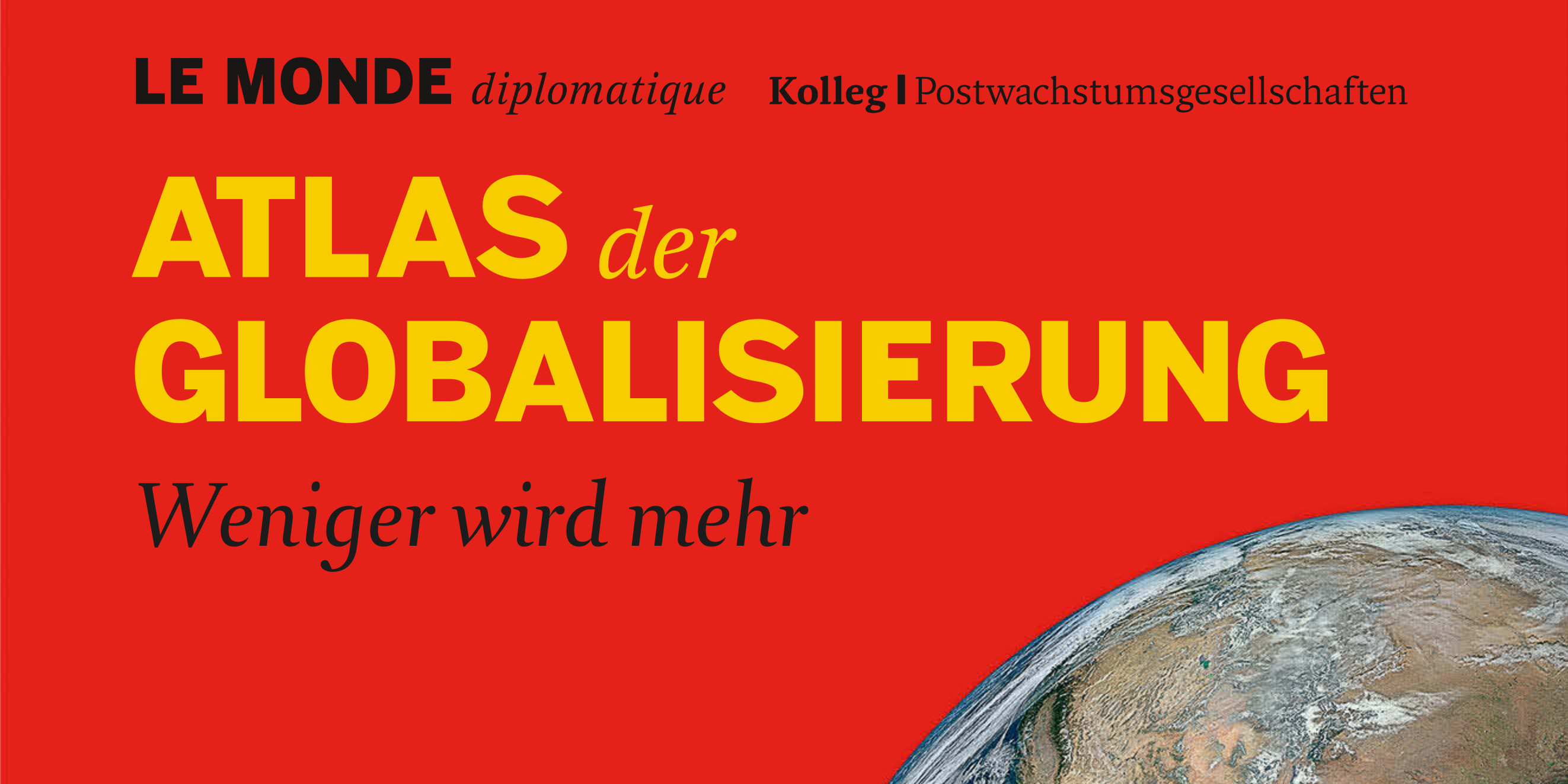Should arguments for degrowth be anthropocentric or ecocentric? And what does this mean in practice? There is an interesting discussion going on, starting with two recent court rulings in New Zealand and India about rivers being granted personal rights. We present an article by Ashish Kothari, Mari Margil and Shrishtee Bajpai, first published for The Guardian. Several geographically-distant but related events signalled a dramatic mind shift in humanity’s troubled relationship with nature last month. First, the New Zealand parliament passed the Te Awa Tupua Act, giving the Whanganui River and ecosystem a legal standing in its own right, guaranteeing its “health and well-being”. Shortly after, a court in India ruled that the Ganges and Yamuna rivers and their related ecosystems have “the status of a legal person, with all corresponding rights, duties and liabilities ... in order to preserve and conserve them”. The history of the rivers makes these proclamations remarkable. The Ganges has long been considered sacred and millions of people depend on it for sustenance, yet it has been polluted, mined, diverted and degraded to a shocking extent. The Whanganui has witnessed a century-old struggle between the indigenous Iwi people and the New Zealand government over its treatment. Notably, the Iwi consider themselves and the Whanganui as an indivisible whole, expressed in the common saying: “I am the river, and the river is me.” Rivers are the arteries of the earth, and lifelines for humanity and millions of other animals and plants. It’s no wonder they have been venerated, considered as ancestors or mothers, and held up as sacred symbols. But we have also desecrated them in every conceivable way. Can giving them the legal rights of a human help resolve this awful contradiction? Perhaps, if we are able to think beyond the material limits of how we relate to nature, we can encourage political and economic measures to create a deeper and more ethical relationship. New Zealand and India have recognised the intrinsic rights of rivers, beyond their use for humans. Both recognise rivers as having spiritual, physical and metaphysical characteristics. These crucial extensions of law are based on ethical principles rarely recognised since the industrial age, but this is how indigenous peoples have long treated nature.

Von Christiane Kliemann Dass es mit dem Wirtschaftswachstum auf einem begrenzten Planeten nicht ewig so weitergehen kann, ist inzwischen vielen Menschen klar. Was jedoch alles damit zusammenhängt – sowohl mit dem Wachstum selbst als auch mit der Abkehr von demselben – ist oft nicht auf den ersten Blick ersichtlich. Unter dem Motto „weniger wird mehr“ gibt der „Postwachstumsatlas“ von Le Monde ...
By Lyda Fernanda Forero There is an increasing consensus on the need and urgency to tackle climate change and its consequences. This consensus is reinforced by the human and environmental disasters (tragedies) that occur every year due to extreme climate events, such as the typhoons of growing intensity including Haiyan(2013) in the Philippines or the hurricanes that devastate Central America....
„Weiter wie bisher“, lautet das Motto der herrschenden Politik, gerade auch in Deutschland. Die dominante öffentliche Diskussion und Politik inszeniert sich als Sachzwang-Politik – Anpassungsleistungen an die angeblich alternativlose Austeritätspolitik sind andernorts zu erbringen. Dass Menschen verarmen, von unten nach oben umverteilt wird und soziale Rechte und Demokratie abgebaut werden, sei nur vorübergehend, wird [...]